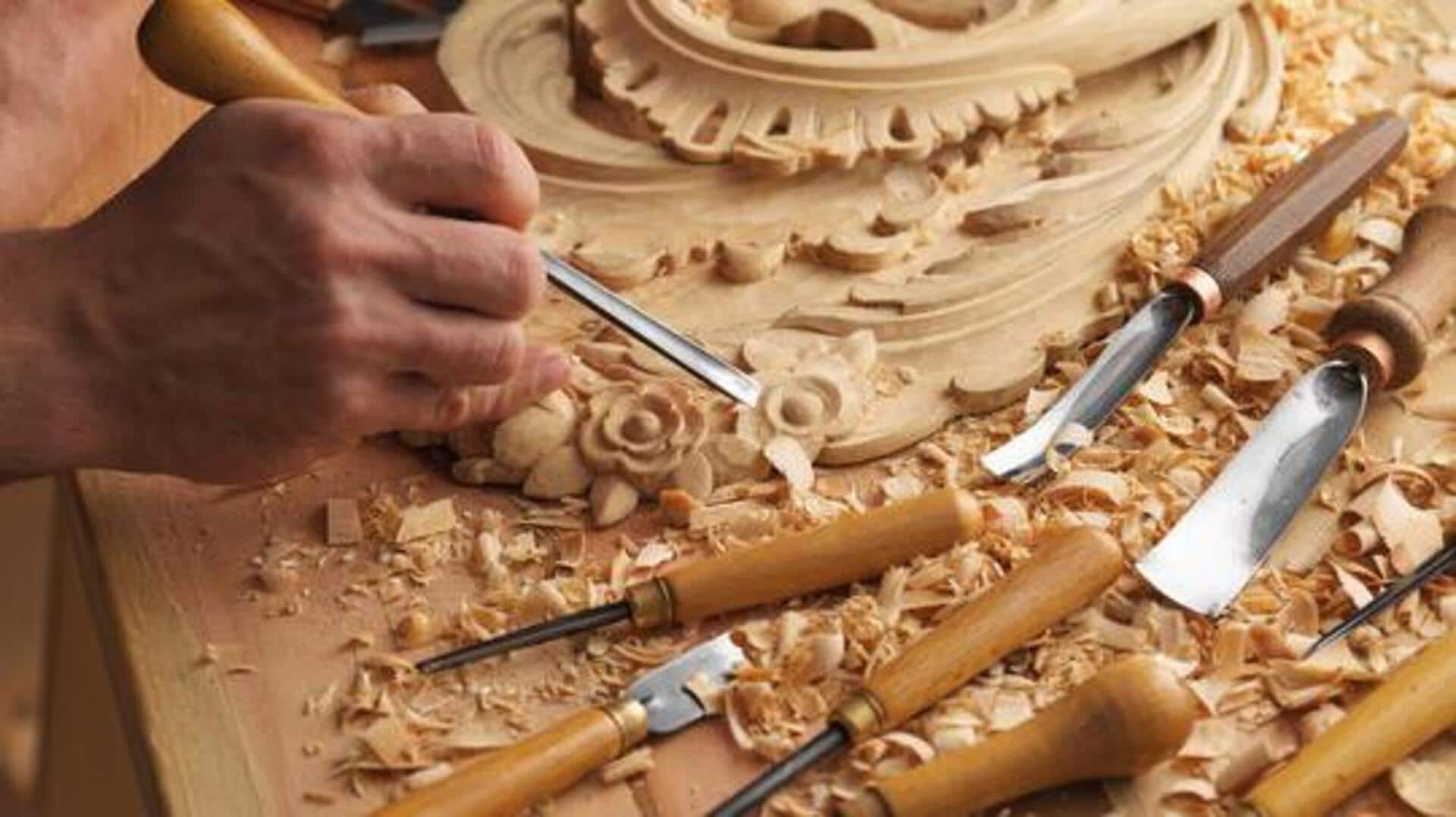
How wood sculptors are shaping modern art
What's the story
African wood sculptors have been making a mark on the world art scene. Their distinct styles and techniques are shaping modern art trends around the world. The artists draw inspiration from their heritage, and create pieces that appeal to global audiences. The influence of African wood sculpture is visible in various art exhibitions and collections. They speak of the diversity and creativity of these artists.
Innovative techniques
El Anatsui: Transforming materials into art
El Anatsui has made a name for himself with his unconventional use of materials, turning abandoned objects into gorgeous sculptures. His creations often feature materials such as wood, metal, and textiles, embodying themes of history and identity. Anatsui's seamless fusion of traditional African aesthetics with modern-day art forms has won him global fame. His sculptures defy conventional ideas of materiality in art.
Figurative mastery
Ousmane Sow: Celebrating human form
Ousmane Sow was a master at capturing the human form through his sculptures. Famous for his large-scale works depicting historical figures and common people, Sow's pieces convey powerful emotions and narratives. His attention to detail and ability to evoke movement make his sculptures stand out in the world of contemporary art. Sow's legacy continues to inspire new generations of artists.
Textural exploration
Nnenna Okore: Exploring textures and forms
Nnenna Okore is known for her exploration of textures and forms in her sculptures. She uses materials like clay, paper, and fabric to create intricate works that echo themes of decay and regeneration. Okore's approach also focuses on sustainability by repurposing materials into new artistic expressions. Her work challenges viewers to reconsider their relationship with everyday objects.
Cultural fusion
Sokari Douglas Camp: Bridging cultures through art
Sokari Douglas Camp is known for her ability to bridge cultures through her sculptural works. Her pieces often incorporate elements from both African traditions and Western influences, creating a dialogue between different cultural perspectives. Camp's use of steel as a primary medium allows her to craft dynamic structures that capture movement and energy. These structures address social issues relevant today.